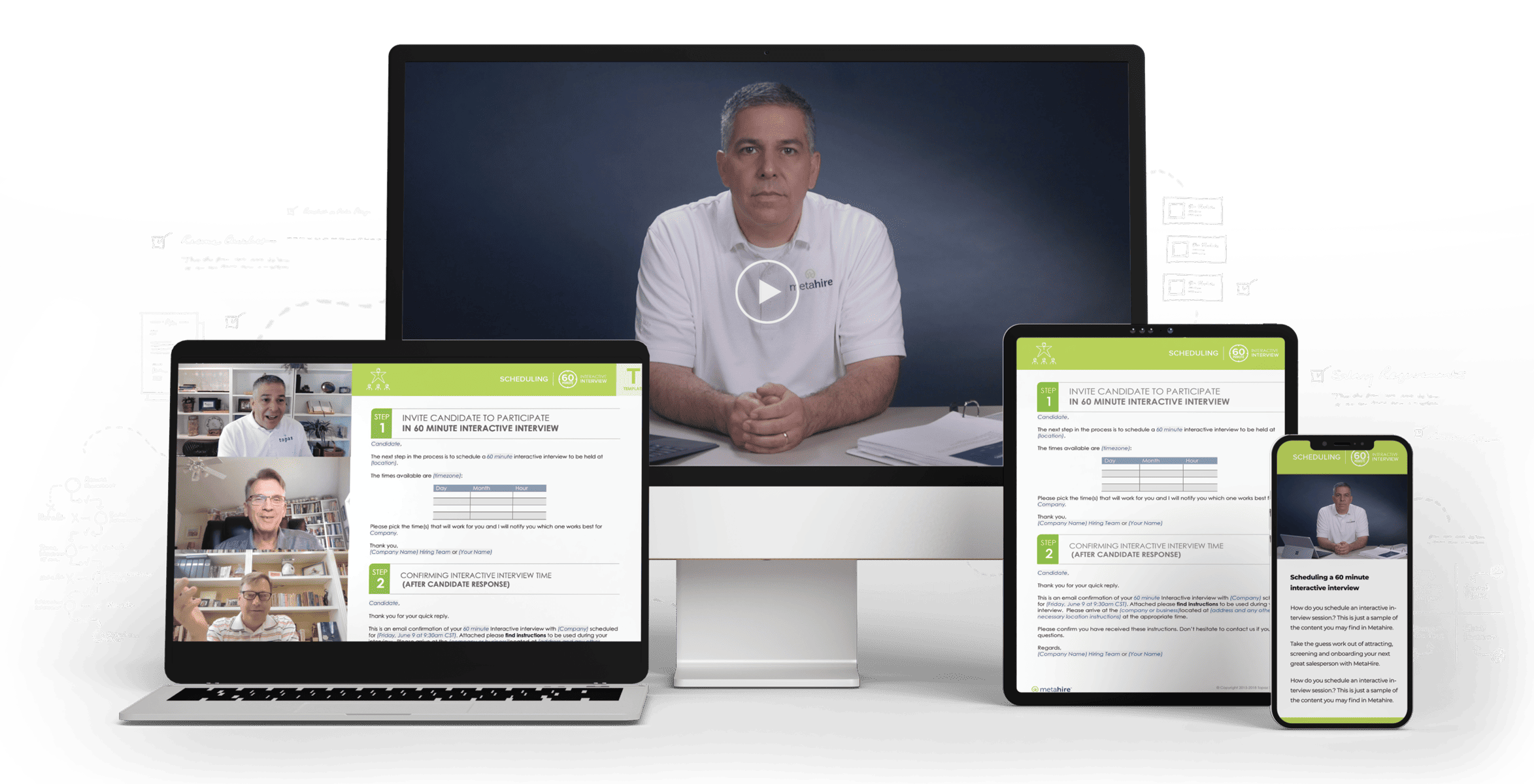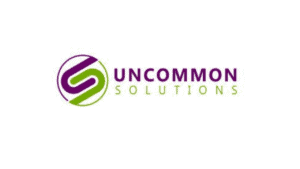Redefining Hiring Criteria: Focusing on Skills Over Pedigree
A significant shift is underway in the ever-evolving talent acquisition landscape, departing from traditional hiring norms. Skills-based hiring has emerged as one of the most prominent trends in the corporate world, championing practical skills over formal qualifications like college degrees. Similarly, the growing use of pre-employment testing reflects a change in organizational hiring strategies, suggesting a long-term shift towards skills-centric recruitment.
This approach prioritizes what candidates can do over where they have been, assessing competencies over credentials. This method is fairer to deserving candidates and opens the door to untapped talent pools, increasing the chances of finding the right fit for a role. Recent LinkedIn data shows a significant trend in this direction, with a 20% increase in managers hired without a traditional four-year degree.
Skills, not schools. Performance, not pedigree.
Gopika Maya Santhosh
Results, not requirements.
In a competitive economic environment, attracting and retaining skilled workers is more crucial than ever. The high costs associated with incorrect hiring decisions underscore the importance of accurate talent assessment. Skills-based hiring addresses this issue, leading to more effective recruitment decisions and potentially significant cost savings. This change in hiring philosophy is seen in a majority of companies, many of which incorporate role-specific skills tests in their recruitment processes.
Understanding Skills-Based Hiring
Skills-based hiring is a recruitment approach that prioritizes the practical skills of candidates over traditional proxies like educational qualifications or years of experience. This method is gaining popularity as it enables employers to find qualified candidates who possess the potential to excel in their roles. It is particularly effective for entry-level and mid-career positions that don’t necessitate specialized training or credentials. An additional benefit is employees without a traditional four-year degree tend to stay longer in their roles. This longer tenure could be due to a higher level of engagement and a sense of being valued for their skills rather than their educational background.
Four Key Advantages of Skills-Based Hiring
- Enhanced Quality of Hire: Research suggests that hiring based on skills is 60% more likely to result in a successful hire than traditional methods. Aligning employee competencies with their roles increases engagement, productivity, and profitability.
- Expanded Talent Pool: With a 16-year high talent shortage, skills-based hiring opens doors to candidates who may lack formal education but possess the necessary skills. For example, a cashier may already have the skills needed for customer service specialist or office assistant roles.
- Reduced Bias and Increased Diversity: Skills-based hiring reduces unconscious bias and fosters a more diverse talent pipeline. Transparency in skills qualifications encourages a broader range of applicants, including women who might otherwise not apply.
- Improved Employee Retention: Employees whose skills align well with their roles are less likely to leave. Employees without a traditional four-year degree tend to stay 34% longer in their roles than their degreed counterparts.
Adopting a skills-based hiring approach is essential for CEOs, sales managers, and professionals responsible for sales and other hires. This strategy aligns with market demands and the evolving nature of the workforce. By focusing on practical skills and competencies, businesses can cultivate a diverse, dynamic, and efficient workforce, essential for sustained success in the modern business landscape.

In the spirit of organizations like the Make It Movement, which advocates for practical skills and career development starting at the high school level, this approach to hiring meets the immediate needs of businesses. It contributes to a more inclusive and equitable job market. It’s a win-win for employers and job seekers, paving the way for a more diverse and skilled workforce.
Rethinking Job Descriptions
The essence of skills-based hiring is to prioritize a candidate’s competencies over their educational background. This approach values what candidates can do and their potential to excel in a role rather than where they have been educated. It offers fairer opportunities to candidates and taps into a broader range of talent pools.
The shift towards skills-based hiring begins with the job description. Employers can attract a broader range of applicants by focusing more on the role’s responsibilities and expected performance rather than a list of requirements. Highlighting desired skills and expected outcomes helps eliminate unnecessary entry barriers, such as the requirement for a specific degree.
- Relax or Remove Traditional Requirements: Instead of enumerating specific qualifications, job descriptions should highlight the role’s responsibilities and the performance expected from the new hire. Job descriptions prioritizing responsibilities over requirements have been shown to attract more applicants.
- Clear and Informative Job Descriptions: Focus on essential skills and responsibilities rather than stringent educational or experience requirements. Providing explicit details about the role’s responsibilities helps candidates understand the job. This clarity not only aids applicants in assessing their fit but also reflects positively on the company’s hiring practices.
- Focus on Performance and Skills: Emphasize the skills necessary for the day-to-day tasks and the results you expect to see. This approach ensures that the job description is inclusive and focuses on the candidate’s ability to perform specific tasks.
What does your process look like?
5-minute quiz and best practice tips
EVALUATE YOUR HIRING PROCESS
Implementing Skills-Based Hiring in Your Recruitment Strategy
The efficiency of the hiring process is notably enhanced through skills-based recruitment. By prioritizing quantifiable skills and restructuring the screening and interview process, companies can expediently identify and hire suitable candidates, thereby reducing the time and cost associated with a prolonged hiring process.
- Expand Candidate Sourcing: Include candidates with varied educational backgrounds or those who have acquired skills through non-traditional means.
- Refine the Screening Process: Develop criteria that focus on skills and achievements relevant to the role.
- Structure the Interview Process: Use standardized interviews to assess candidates based on required skills and competencies.
- Conduct Skill-Based Assessments: Utilize objective assessments to measure a candidate’s skill level.
- Revise Background Checks: Ensure background checks are relevant to the job requirements.
- Craft Fair Job Offers: Base compensation on skills and potential impact rather than traditional education level or years of experience.
Embracing a New Era in Hiring
Skills-based hiring is a trend and a necessary evolution in talent acquisition strategies. It aligns with market demands and the evolving nature of the workforce. By prioritizing practical skills and competencies, businesses can build a dynamic, diverse, and efficient workforce, essential for sustained success in the modern business landscape. This progressive approach breaks down traditional barriers and opens the door to a more inclusive and effective workforce, setting a new standard for how companies attract and retain talent, benefiting both employers and job seekers.







